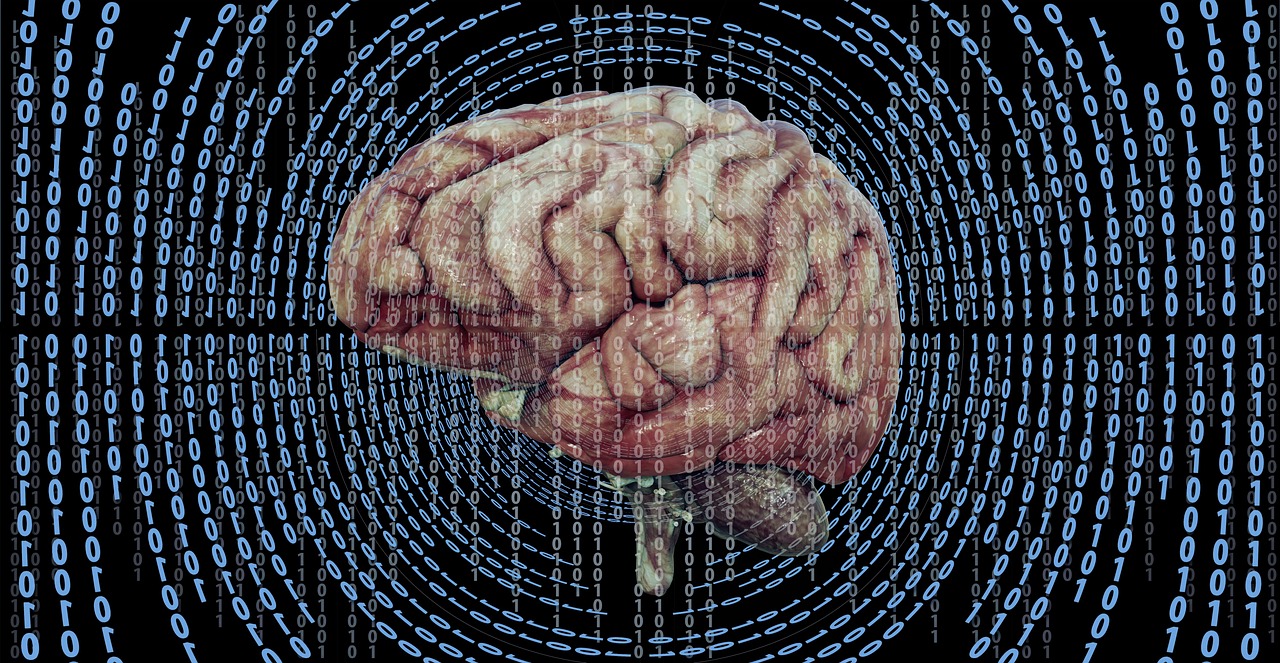Mental Health
Learned Helplessness in Flies May be the Root of Depression, Study
When confronted with impossible circumstances beyond their control, humans and other animals often give up and develop sleep or eating disorders, ulcers and other physical manifestations of depression.
Scientists have found that the same kind of learned helplessness also happens to flies.
The findings, published April 18 in the journal Current Biology, provide insights into the biological basis for depression and present a new way for testing antidepressant drugs, according to researchers. Researchers explain that the discovery of such symptoms in an insect shows that the roots of depression are in fact very deep.
"Depressions are so devastating because they go back to such a basic property of behavior," Martin Heisenberg of the Rudolf Virchow Center in Würzburg, Germany, said in a news release.
The study revealed that flies can quickly learn to suppress innate behaviors, a phenomenon that is part of learned helplessness. For example, flies experiencing uncomfortable levels of heat will walk to escape it. However, if the flies realize the heat is beyond their control and cannot be avoided, they will stop responding by walking at a slower pace and taking longer and more frequent rests, as if they were "depressed".
Interestingly, researchers found that female flies show down more under stressful circumstances than male flies. While researchers aren't completely sure why, Heisenberg explains, "if we realize that the fly trapped in a strange, dark box, unable to get rid of the dangerous heat pulses, has to find a compromise between saving energy and not missing any chance of escape, we can understand that such a compromise may come out differently for males and females, as their resources and goals in life are different."
"Animals have lots in common with us humans. They breathe the same air, share many of the same resources, actively explore space, and have distinct social roles. Their brains serve the same purpose, too: they help them to do the right thing," he said.
Researchers say the next step is to find out how long flies stay "depressed," how their depression-like state affects other behaviors like courtship and aggression and what happens in their brain when they are depressed.









Join the Conversation